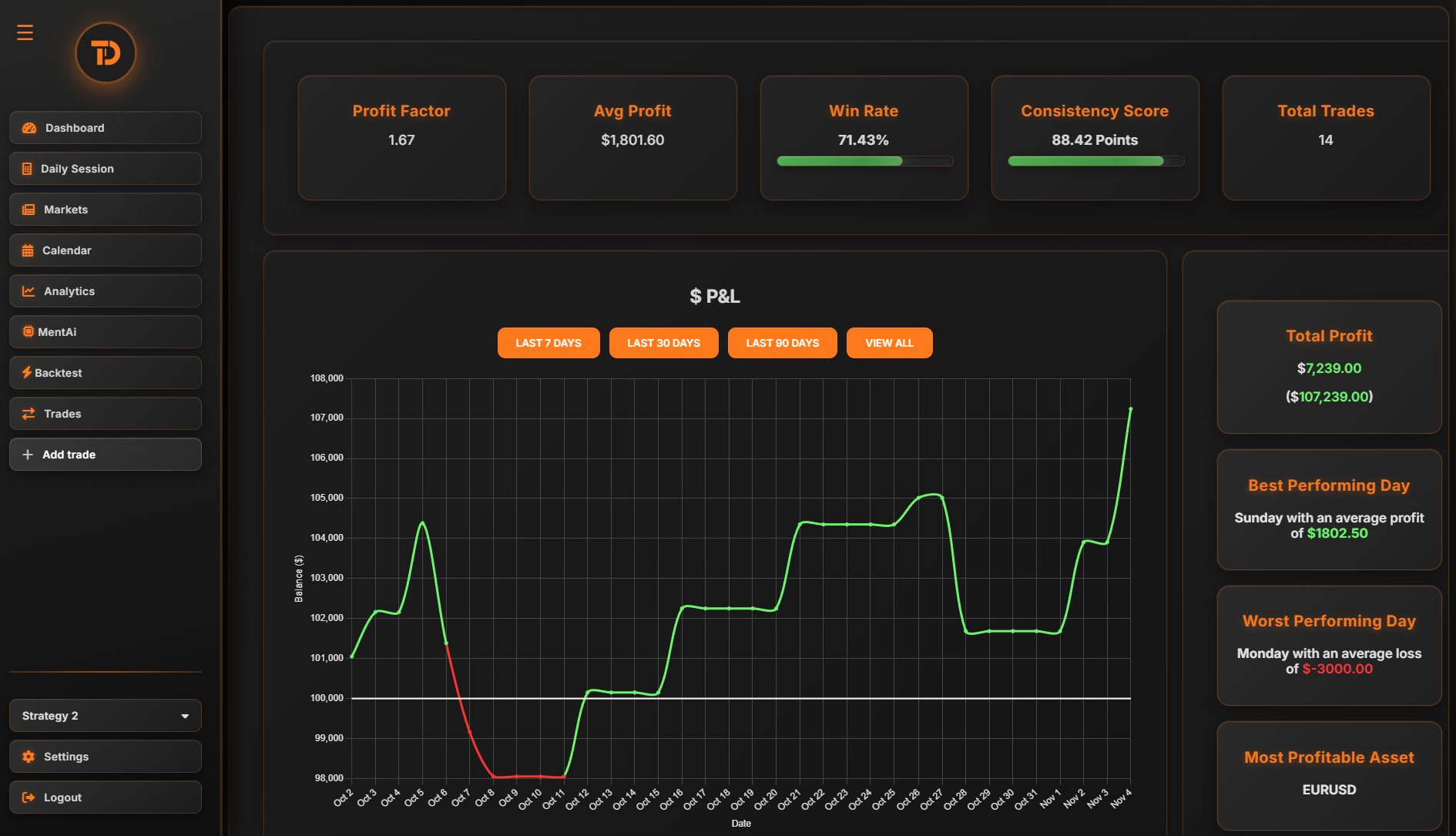Overtrading is often driven by the desire to make quick profits or recover from recent losses, but it typically results in poor decision-making and negative outcomes. When traders enter too many trades in a short period, they not only increase transaction costs like spreads and commissions, but they also heighten the risk of emotional, impulsive trades that deviate from their strategy. This overactivity can quickly lead to more losses than gains, as quality is sacrificed for quantity. Successful trading is about patience and discipline—focusing on fewer, higher-quality trades that align with your strategy and yield better risk-reward opportunities. By resisting the urge to constantly be in the market and waiting for your strategy to signal a strong opportunity, you reduce the likelihood of overtrading and improve your overall profitability.
Overtrading also leads to fatigue and mental strain, causing traders to make decisions driven by emotions rather than objective analysis. The key to long-term success lies in trading with precision, maintaining discipline, and being selective in your trade execution. Patience is often rewarded in trading, as waiting for clear, high-probability setups can protect your capital and minimize unnecessary losses. By focusing on quality over quantity, you set yourself up for more consistent performance and reduce the emotional toll that overtrading can bring.
. Why use a trading journal: A trading journal provides a clear picture of your trading activity and helps you track the frequency of your trades, enabling you to recognize if you're overtrading. By reviewing your trade history, you can analyze whether a string of losses stemmed from taking too many trades in a short period or from deviating from your strategy. The journal offers insights into your decision-making process, showing whether each trade was based on a strong signal or an impulsive reaction to market movements. Over time, this reflection helps you fine-tune your approach, identify patterns of overtrading, and maintain discipline by focusing on high-quality trades. This continuous self-evaluation ensures that you are trading with intention rather than out of impatience or the pressure to constantly be in the market, ultimately leading to better trading outcomes.

